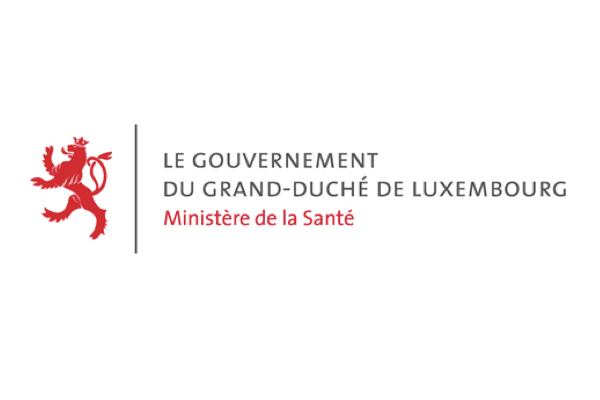
On Friday 31 October 2025, as part of the #MedSafetyWeek campaign, Luxembourg Ministry of Health and Social Security (M3S) encouraged healthcare professionals, patients and their families to report any suspected adverse drug reactions.
The #MedSafetyWeek campaign, which this year celebrates its 10th anniversary, takes place from Monday 3 to Sunday 9 November and brings together 130 partner organisations across 117 countries under a single message, communicated in over 60 languages.
The ministry noted that each report helps to strengthen medicine safety and protect public health. It emphasised that medicines save lives and improve the quality of life for millions of people worldwide. They can, however, sometimes cause adverse effects. Reporting these effects allows the competent authorities to take action to improve the safety of treatments. Regulatory bodies worldwide, including the M3S, rely on these reports to monitor medicines and respond to potential risks. Yet, according to the ministry, data showed that only five to ten per cent of suspected adverse effects are actually reported. The main reasons for under-reporting include lack of information, the perception that it is unimportant or simply forgetting.
“This means that we only see the tip of the iceberg, which can unfortunately delay the detection of certain major risks. By participating in #MedSafetyWeek, we want to remind everyone that each report matters and genuinely contributes to the safety of all,” emphasised Luxembourg Minister of Health and Social Security, Martine Deprez.
The ministry highlighted that in Luxembourg, doctors and pharmacists will act as “medicine safety ambassadors.” They will take part in public awareness activities to promote the safe use of medicines and encourage the reporting of any suspected adverse effects after their use. They noted, however, that these good practices should be observed and maintained throughout the year.
How to Report Adverse Drug Reactions
The ministry recommended that any adverse effects experienced be reported to a pharmacist or doctor. Healthcare professionals will then submit a report to the relevant health authorities. Patients can also report directly using a form available on guichet.lu.
More information can be found on www.sante.lu/dpm and the adverse drug reaction reporting form (pharmacovigilance) can be accessed at www.guichet.lu/pharmacovigilance.








